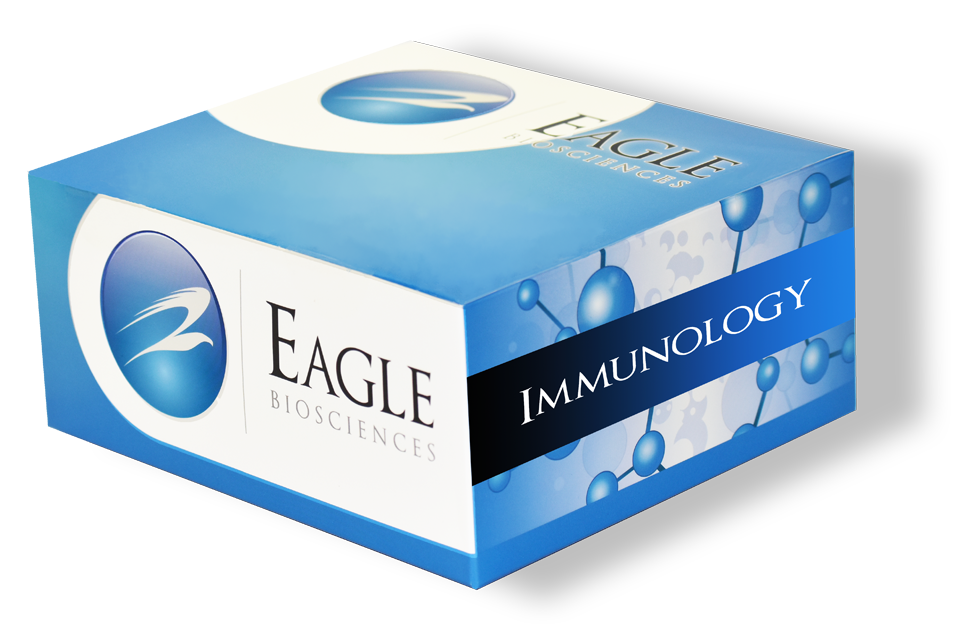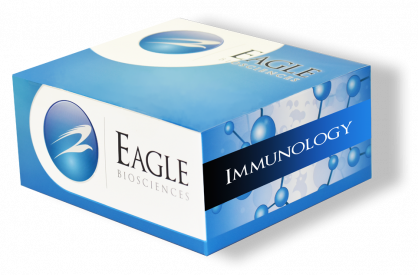C1-INH ELISA Assay Kit
The C1-INH ELISA Assay Kit is For Research Use Only
Sensitivity: 3.9 ng/mL
Dynamic Range: 3.9 ng/mL – 250 ng/mL
Incubation Time: 1 hours 15 minutes
Sample Type: Plasma, Serum
Sample Size: 100 μL
Alternative Names: C1-INH, C1 esterase inhibitor
Assay Background
The complement system plays important roles in both innate and adaptive immune response
and can produce an inflammatory and protective reaction to challenges from pathogens before an adaptive response can occur. There are three pathways of complement activation. The classical pathway (CP) is initiated by Immune complexes; the lectin pathway (LP) by surface bound mannan binding lectin; and the alternative (AP) by all the surfaces that are not specifically protected against it. Each generates a C3 convertase, a serine protease that cleaves the central complement protein C3, and generates the major cleavage fragment C3b. The C3 and C5 convertases are enzymatic complexes that initiate and amplify the activity of the complement pathways and ultimately generate the cytolytic MAC (C5b-9). C1 inhibitor (C1-INH) is a heavily glycosylated single chain molecule of 500 AA. It inhibits multiple enzymes, including C1s&r of the CP and MASP-1&2 of the LP, plasmin in the fibrinolytic system and Factor XIIa&XIa of the contact and coagulation system. C1-INH is also called C1 esterase inhibitor, due C1s is often cleaved by synthetic esters in spectrophotometry. C1-INH plays an important role in suppression of inflammation and vascular permeability. C1-INH binding of C1 to the catalytic site of both C1r and C1s releases the latter two from the complex. As a result the activation of the complement system is blocked. Binding to MASP blocks function and thereby consumption of C2,3&4. C1-INH spares the AP, leaving part of the innate antibacterial defense intact. Besides, C1-INH can directly bind and neutralize LPS, inhibiting sepsis and endotoxin shock. C1-INH administration is the common treatment for hereditary angioedema (HAE). A disease commonly caused by heterozygous deficiency of C1-INH and leading to low levels of functional C1-INH and recurrent episodes of dermal and submucosal swelling. This is mediated by its ability to control activation of the contact system in inhibiting bradykinin generation and thereby control of vascular permeability.
Related Products
CIC C1q ELISA Assay Kit
Human C1q ELISA Assay Kit
Human gC1qR ELISA Assay Kit


